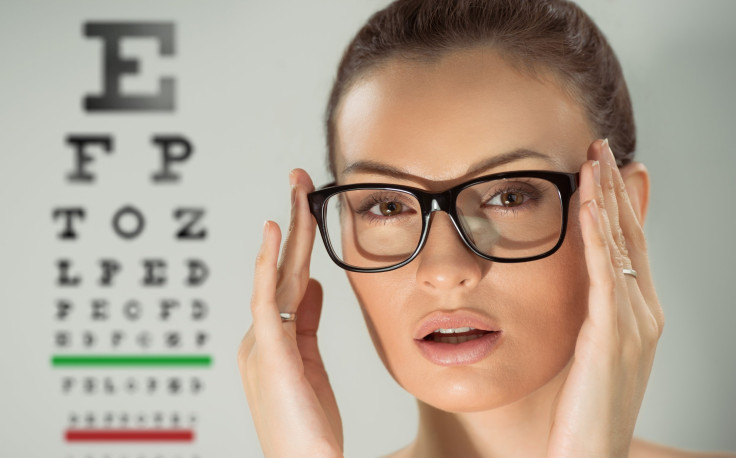How To Improve Your Eyesight By Exercising The Brain With 'Perceptual Learning'

A new study of college baseball players shows that “perceptual learning” exercise may improve one’s vision.
The average person may boost his or her eyesight significantly by adhering to a two-month vision training program deliverable by iPad or PC and requiring less than a half-hour per day for four days per week, researchers at the University of California, Riverside, say. In baseball, the smallest differences in vision often distinguish victor from loser, making eyesight as important as other physical traits, such as arm strength and speed.
"The demonstration that seven players reached 20/7.5 acuity — the ability to read text at three times the distance of a normal observer — is dramatic and required players to stand 40 feet back from the eye chart in order to get a measurement of their vision," investigator Aaron Seitz said in a statement.
In the major leagues, an average person’s 20/20 vision would prove insufficient to properly hit the fastball coming down to home plate at 90-plus miles per hour — spotting spin and speed within four-tenths of a second. Although most eye charts stop at 20-15, several players with the world championship Boston Red Sox scored a perfect 20-8 on vision tests, reaching perhaps the natural limit for human eyesight, Daniel Laby, a Major League ophthalmology consultant, told the Rhode Island Providence.
In the study, Riverside baseball players were asked to find and select visual patterns modeled after stimuli known to attract attention from the brain’s visual cortex. During the exercise, patterns grew increasingly dimmer on-screen, forcing players to stretch their visual “muscles” in search of the patterns.
"The goal of the program is to train the brain to better respond to the inputs that it gets from the eye," Seitz said. "As with most other aspects of our function, our potential is greater than our normative level of performance. When we go to the gym and exercise, we are able to increase our physical fitness; it's the same thing with the brain. By exercising our mental processes we can promote our mental fitness."
After a couple months of training, players reported “seeing the ball much better” with greater long-distance and peripheral vision. Their eyes felt stronger and less tired, with an improved ability to discern contrast. Naturally, they started hitting the ball better, with fewer strikeouts and more runs. Seitz says improved vision alone might have won the team another four to five games last season.
Now, the researchers hope to develop similar tests to expand other aspects of cognition, including memory and attention.
Source: Deveau J, Ozer DJ, Seitz AR. Improved vision and on-field performance in baseball through perceptual learning. Current Biology. 2014.



























